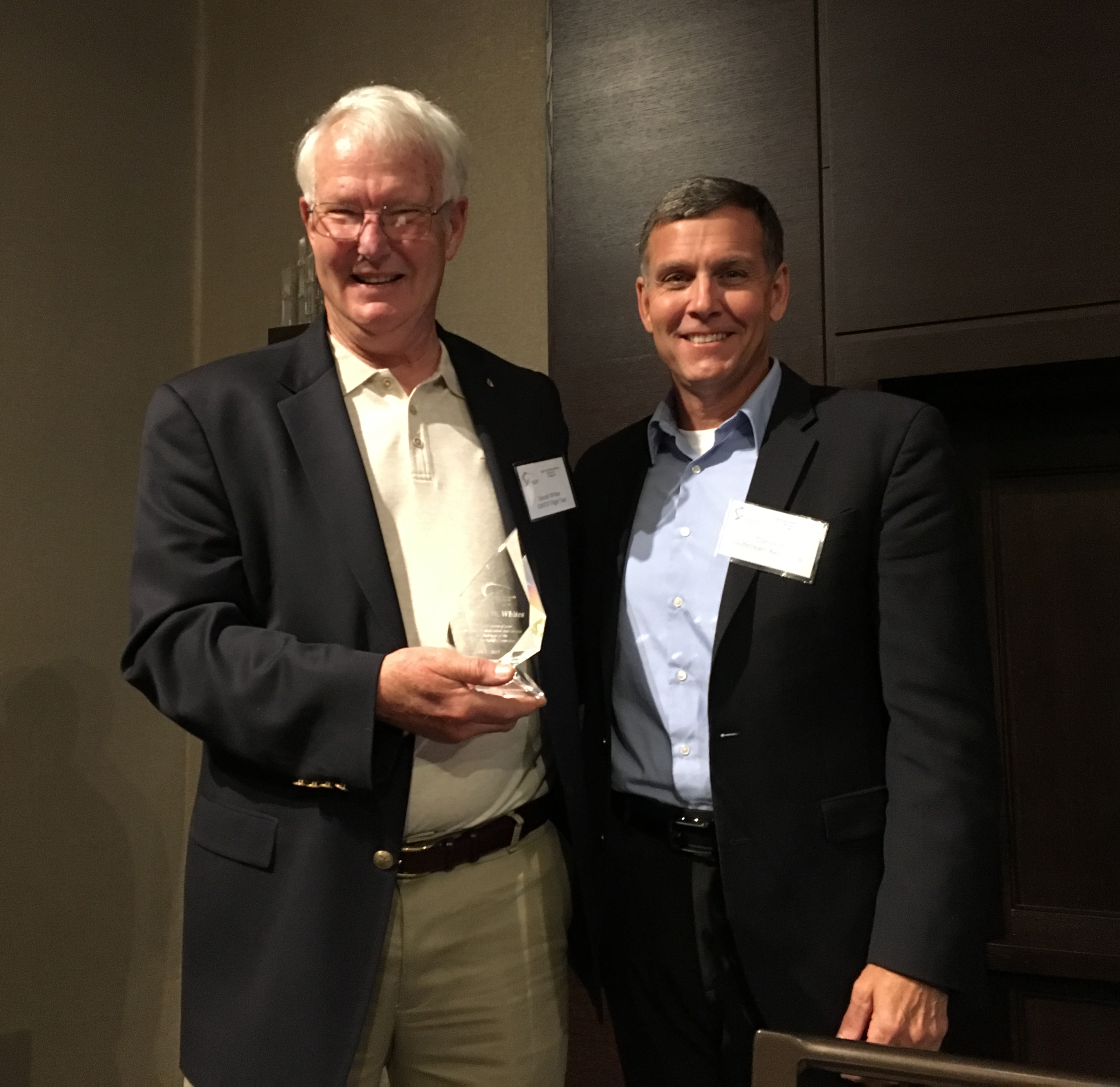Flight Test Safety Fact 19-12
Did you know that there are almost 200 people in our Societies that do not have email?! (At least we know they did not provide their email address to their Society.) I found that out while counting how many "new" people have received this newsletter over the past year. In this issue we report to you on the progress towards our goal, as the end of 2019 looms large and the new year approaches.
In 2020, we will, almost certainly, hear more news about self-driving cars and urban air mobility (UAM) together with the autonomous air taxis needed to make UAM a reality. This issue introduces the topic of Artificial Intelligence and Flight Test by sharing presentations from those flight test professionals who work with it and sharing news that gets beyond marketing hype and includes technical details. At least one of these presentations will truly surprise you.
Self-driving cars also made safety headlines, and Chairman Tom Huff addresses this topic head on. He also applies the lessons learned to the safety culture in our organizations.
Finally, we share a great safety resource from SFTE that will help you as you continue to cultivate your safety culture.
As we head to next year, I'd like to hear from you on any and every one of the topic above. Email This email address is being protected from spambots. You need JavaScript enabled to view it. with your articles and technical papers, your suggestions, and your Reach Everyone reports.
Sincerely,
Mark Jones Jr.
Editor, Flight Test Safety Fact
For convenience and added security, you can download the complete newsletter here.
